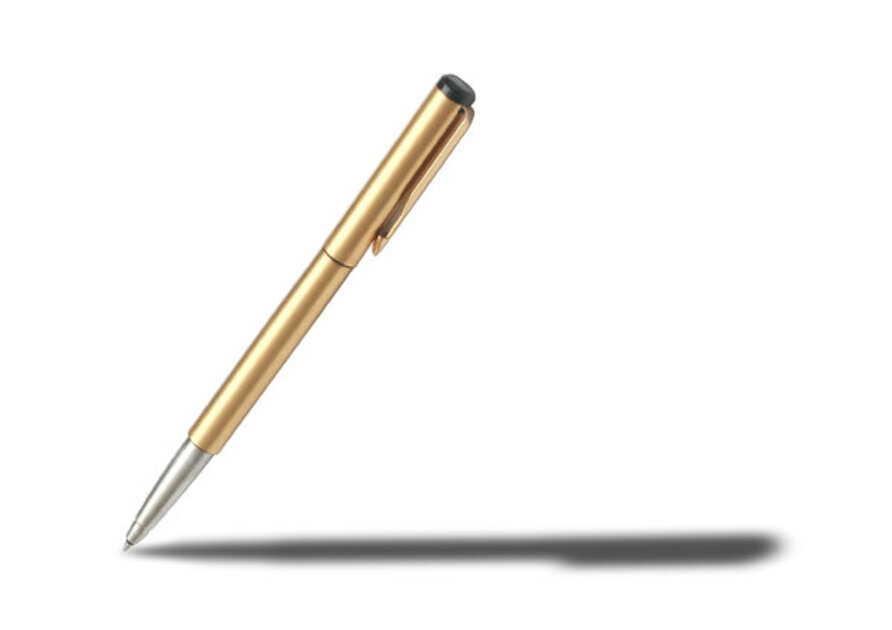
Our gemara on amud beis records Shmuel calling Rabbi Yehuda, “Shinnenah”, which seems to be a nickname for a fellow who has big teeth. (Hafla'ah ShebaArakhin on Sefer HeArukh, Letter Shin 85, quoting Rav Hai Goan.)
This would seem to indicate that it is permitted to call someone a nickname, at least if it is meant in a non-offensive manner. This runs against the sentiment stated in Bava Metzia’a (58b):
Anyone who descends to Gehenna ultimately ascends, except for three who descend and do not ascend, and these are they: One who commits adultery; and one who humiliates another in public; and one who calls another a derogatory name. The Gemara asks with regard to one who calls another a derogatory name: That is identical to one who shames him; why are they listed separately? The Gemara answers: Although the victim grew accustomed to being called that name in place of his name, and he is no longer humiliated by being called that name.
This sounds like one must be exceedingly careful about using a derogatory nickname, even when it is commonly used, and so not so humiliating. To resolve these contradictory sources, Shu”t Torah Lishmah (421) rules that if the nickname is common and not taken as derogatory, it is permitted. He says, apparently the nickname “Toothy” was not considered an ugly epithet, but just a description, such as calling someone “slim”, “big guy”, or maybe even “old man”. However, if it has a pejorative slant, it is forbidden even if others use it often.
It is easy for parents to forget that all the halachos l’shon hora and bein odom la-chaveiro apply to children, equally as adults (see for example, Chofetz Chaim, L’shon Hara 8:3.) Kids are people too. If so, we might assume that a child appreciates a nickname, especially if we or family members mean it out of love. But, as a child grows in independence and identity, we should check if “Mo-mo” still works. Even diminutive endings, such as “Malka-leh”or “Duvidel”, which literally mean, “Little Malka” or “Little Duvid” could give subliminal messages about smallness and lack of importance. Not to say that cute nicknames aren’t a healthy normal part of society and social process. Rather, we should employ some degree of discretion and not assume that a longstanding nickname is still ok.
According to research done by Bowles, Moreno, Psaila, and Smith (“Nicknames”, European Journal for Qualitative Research in Psychotherapy, 2009 Issue 4):
- Nicknames have an importance on sense of self.
- Nicknames are inextricably linked to the concept and experience of shame.
- Name-calling and nicknames are prevalent and hurtful features. They are hurtful because they threaten the person’s (child, adolescent and adult) identity.
- Names are central to a person’s identity and even playful mockery or teasing about one’s name can hurt.
The above researchers shared their thoughts and anecdotal comments from the study participants: “Some participants commented upon the infantilising effect of the perpetuation of names they were given when very young. “When I was a kid I couldn’t say Andrew. For years I became Nanoo. When you are growing up and you want to become an older person you are still held back by this, “Oh what’s your name? Nanoo. It still grates on me.” Another example in which names challenge a sense of self is when one sibling is treated differently from the rest, “I think it is not being a person ... all my brothers are called by their real names.”
The researchers concluded with the following penetratingly perceptive and sensitive observation: “Nick-names permeate all aspects of our lives. They begin before or immediately after birth, take hold in childhood, and they can endure after death. Profound feelings emerge when we begin to discuss them, and these can result from even the subtlety of a spelling change or modified pronunciation.”

 Previous
Previous
